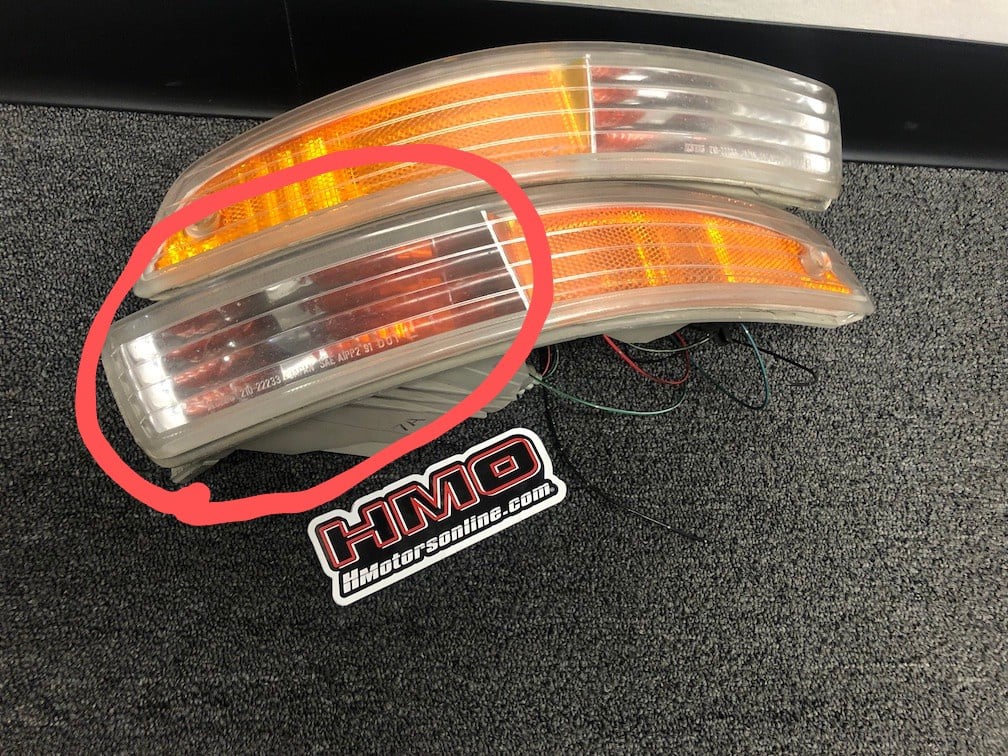this post was submitted on 22 Jul 2023
6 points (100.0% liked)
Cars - For Car Enthusiasts
3927 readers
29 users here now
About Community
c/Cars is the largest automotive enthusiast community on Lemmy and the fediverse. We're your central hub for vehicle-related discussion, industry news, reviews, projects, DIY guides, advice, stories, and more.
Rules
- Stay respectful to the community, hold civil discussions, even when others hold opinions that may differ from yours.
- This is not an NSFW community, and any such content will not be tolerated.
- Policy, not politics! Policy discussions revolve around the concept; political discussions revolve around the individual, party, association, etc. We only allow POLICY discussions and political discussions should go to c/politics.
- Must be related to cars, anything that does not have connection to cars will be considered spam/irrelevant and is subject to removal.
founded 1 year ago
MODERATORS
you are viewing a single comment's thread
view the rest of the comments
view the rest of the comments

How much access do you have to the inside? It’s an orange reflector rather than an orange filter, right? Can you cover the reflector with something?
I don’t think the blorange option will work as well as you think it will, it’s going to end up looking primarily blue or primarily orange, or different from different angles or something equally not ideal.
The plastic housing is not something I can dissasemble without breaking, it's literally a transparent orange plastic and then the outer layer is clear plastic.
I will give it a try, but I would greatly appreciate an example of blue light fitering
I don’t have an example to show you I’m afraid.
You’re thinking of mixing two separate light sources. You’re right that if you had a pure blue light and a pure orange (well, yellow) light, and pointed them both exactly at the same spot (and you balanced their relative intensity properly), the resulting light would appear white.
But you’re not talking about that. You’re talking about filtering light, which is subtractive not additive like mixing light. So your blue light will either be pure blue (eg led) and have no red or green in it, or it’ll be white light that’s passed through a filter removing red and green. Then you’ll pass it through another filter that will remove the blue to leave the red and green. But there’s no red and green to remove, so with a perfect filter and a perfect blue light you’ll get nothing.
(Actually a bit more complicated cos you can have pure orange/yellow light, it doesn’t have to be red light plus green light, but the result is mostly the same)
So probably you’ll end up getting some muddy coloured light out. Which might end up looking blue or orange from different angles.
It looks like the orange part is the reflector, and the front is actually transparent. Perhaps you can cover the back of the bulb to reduce the light hitting the orange part? Long shot tho.
Honestly I am unsure whats exactly going on inside, it seems to me I will have to somehow source the clear turn signals.
As for the filter, if I manage to overpower it using blue LED's, in theory it should be white/blueish, just depends how well (or in this case bad) it filters, right?
I think you should find a way to try it - even if it’s just to convince yourself it won’t work! Perhaps take the bulb out and just shine some blue light in there to see what happens.
I don’t know whether it’ll look blue or orange or greenish or muddy and dull (depends on the filter and the bulb) but it sure as fuck won’t look white :)
If the orange is only on the reflector, and the front of the bulb shines straight out through the transparent part then you might be able to block the light coming from the back of the bulb (in fact blue might work for that), but if there’s more complicated optics going on I don’t know what you can do. It’s just not very possible to get white light out if most of it goes through an orange filter or reflects off an orange surface.